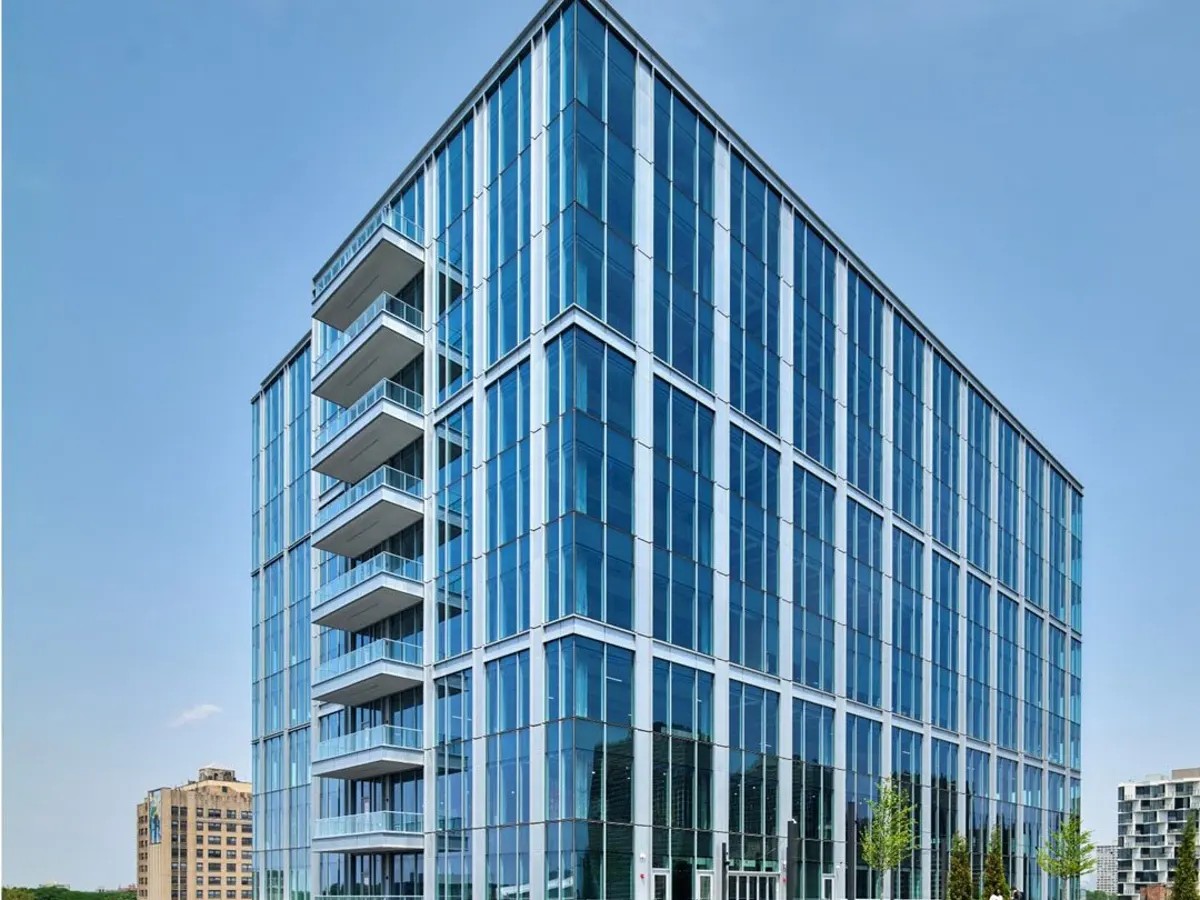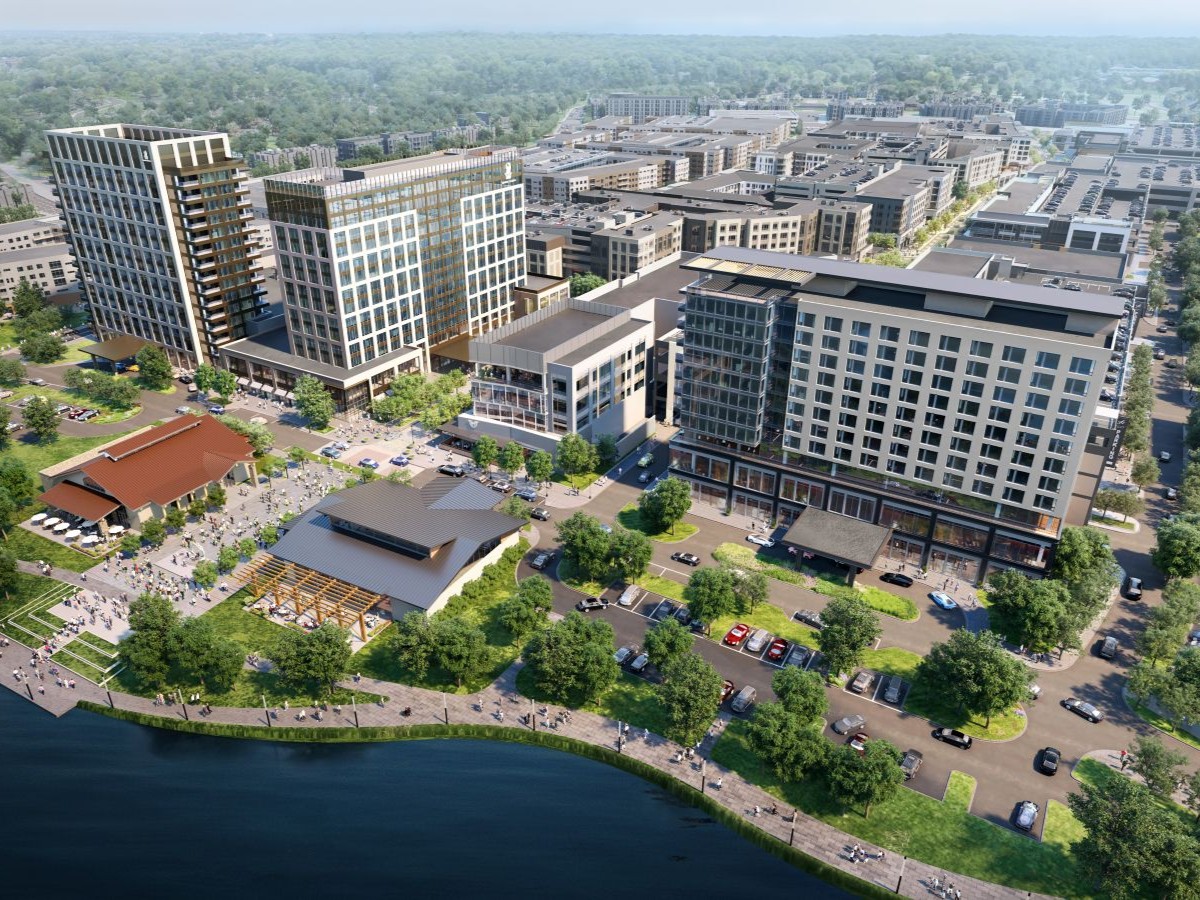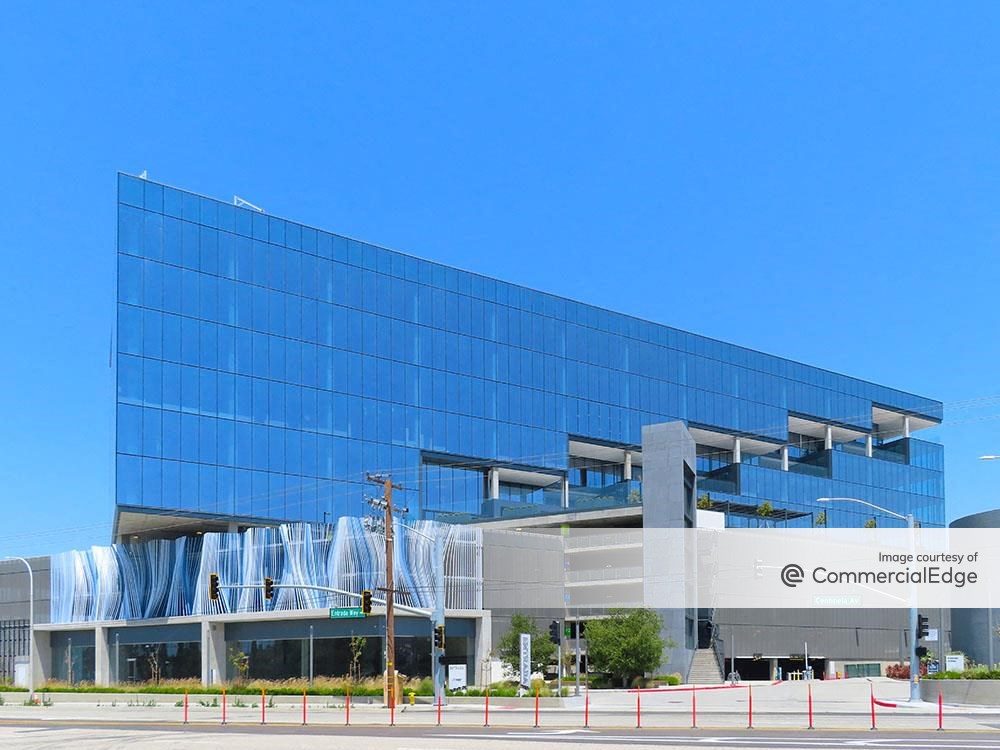Industrial, Retail Developers Look to Mexico, Overseas for Growth in 2008
Development of industrial and retail properties may remain stable or slow a bit in 2008, but five top officials of companies in those sectors say growth will be strong in Mexico this year as well as in Europe, China and Japan.The executives made their comments during a panel discussion this morning at Deutsche Bank’s 2008…
Development of industrial and retail properties may remain stable or slow a bit in 2008, but five top officials of companies in those sectors say growth will be strong in Mexico this year as well as in Europe, China and Japan.The executives made their comments during a panel discussion this morning at Deutsche Bank’s 2008 Real Estate Outlook Conference at The Grand Hyatt in New York City. Responding to questions from moderator Louis Taylor, Deutsche Bank managing director, and the audience were: Gene Reilly, president of AMB Property Co.; Michael Brennan, CEO of First Industrial Realty Trust; David Henry, vice chairman of Kimco Realty Corp.; Bill Sullivan, CFO of ProLogis; and Hap Stein, chairman & CEO of Regency Centers Corp. The session was available to the press only through a webcast.Sullivan noted that ProLogis, which owns, manages and develops distribution facilities, has operations in 20 countries across North American, Europe and Asia. “We’re in great shape,” he said. “We see strong demand outside the U.S. and stable demand in the U.S. It’s a very strong way to go into (an economic) slowdown.” Sullivan said new supply chains are being built from scratch in China and Eastern Europe and reconfigured in Western Europe and Japan. He noted that Japan has recently come out of a15-year recession where few new industrial properties were built. Western Europe is rebuilding obsolete supply centers to deal with the changing of the market from national-based to regional based. “China is just a huge growth story,” he added.Henry of Kimco, a REIT that specializes in shopping center acquisitions, development and management, looked to Mexico to emerge as a huge growth story this year, particularly in retail where there is pent-up demand because there are only about 800 shopping centers compared to about 48,000 in the United States. Henry said big box retailers like Wal-Mart, Home Depot and Best Buy are opening stores in Mexico. “We have shifted some of our development there,” he said, adding that he expected to see Kimco increase its developments in Mexico and decrease them in the States. Kimco is Mexico’s largest owner of retail centers. As of the end of the third quarter in 2007, 20 of Kimco’s 55 development projects were in Mexico.Reilly of AMB Property, a global developer and owner of industrial real estate, said the auto industry is particularly robust in Mexico, where he also noted the supply chain is being built from scratch.Brennan of First Industrial, a REIT that specializes in industrial properties for supply chains, pointed out that there will still be submarkets in the U.S. that will continue to have strong growth, specifically Phoenix, Houston, Central Florida and Harrisburg, Pa. “There were about 100 deals last year for over 500,000 square feet (in Pennsylvania),” he said.Stein, who heads up Regency, which owns, manages and develops grocery-anchored and community shopping centers, said large retailers like Target already have their 2008 development plans done, but will plan fewer new stores when they start planning two to three years out. Both Stein and Henry noted their firms are generally protected because they don’t build on spec and the properties are pre-leased. Still they admitted they plan to build in extra leasing time for projects in the U.S. while the economy shakes out. In general, Henry anticipated fewer mixed-used proposals in favor of pure retail plays when it comes to shopping center developments.All the developers said they have capital–in most cases, more than $1 billion–to fund new projects, in the U.S., Mexico and overseas.Reilly said AMB Property “was in good shape” with about $2.5 billion in various funds, two of which he described as “large, open-ended funds.”Brennan said First Industrial has “about $3.5 billion unused capacity in the U.S.” as well as funds available for Europe and Canada. “We’re not just about development. We’re about acquisitions and redevelopment as well,” he added.Sullivan said ProLogis recently opened four new funds and has at least $14 billion in fund capacity at this time.Stein said Regency expects to start at least $400 million to $600 million in developments this year.






